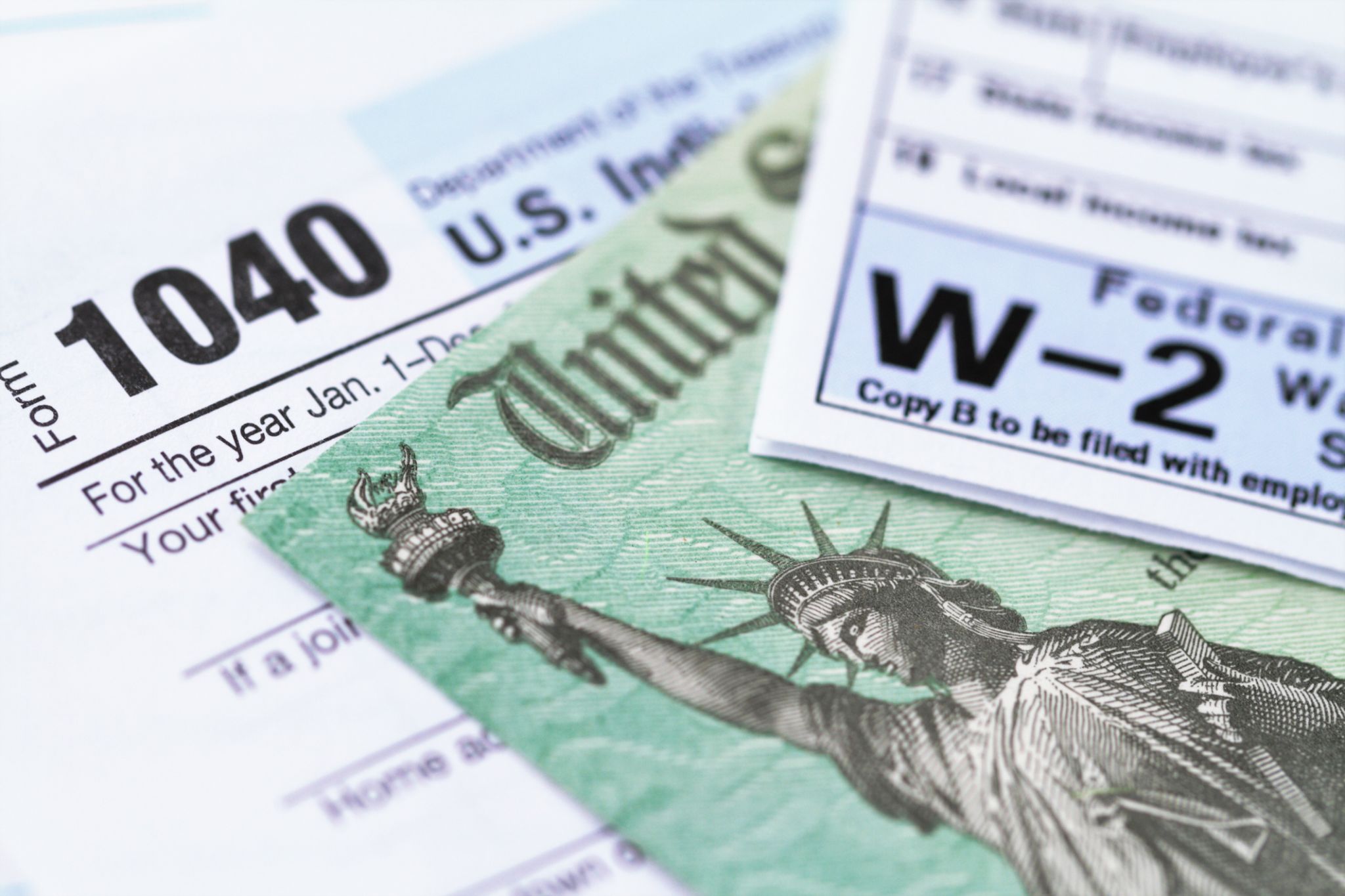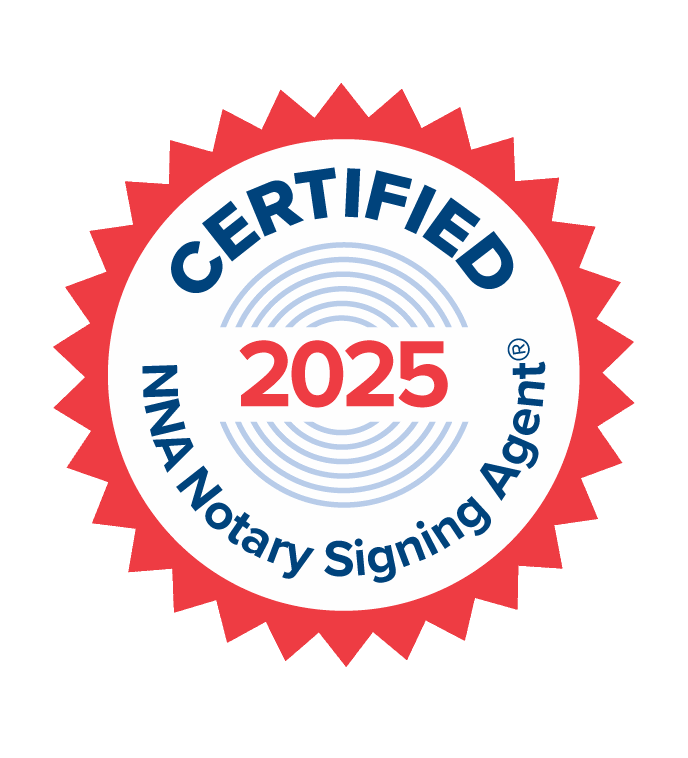Preparing for a Notarization: What Dallas Clients Need to Know
Understanding the Notarization Process
Notarization is a crucial step in validating and authenticating legal documents. For individuals and businesses in Dallas, understanding this process can help ensure smooth transactions and prevent potential legal challenges. A notary public acts as an impartial witness to the signing of documents, ensuring that signatures are genuine and given voluntarily.
Before heading to a notary, it's essential to know what documents require notarization and the type of notarization needed. Common documents include wills, affidavits, power of attorney forms, and real estate deeds. Knowing the specifics of your document can save time and avoid unnecessary delays.

Preparing Your Documents
Preparation is key to a successful notarization. Start by reviewing your documents thoroughly to ensure they are complete and ready for signing. Missing information or errors can lead to rejection by the notary. Additionally, make sure that all parties involved in the signing are present and have valid identification.
Required Identification
Notaries in Dallas require signers to present valid identification to verify their identity. Acceptable forms of ID include a driver's license, passport, or state-issued ID card. Ensure that the ID is current and bears a photo and signature that match those on the document.

Understanding Notary Fees and Appointments
Notary fees in Dallas can vary based on the complexity of the document and the type of notarization required. It's advisable to inquire about fees upfront to avoid surprises. Many notaries offer mobile services, providing convenience by coming to your location for an additional fee.
Scheduling an Appointment
While some notaries accept walk-ins, scheduling an appointment can ensure you receive timely service, especially for urgent matters. When booking an appointment, clarify any specific requirements or questions you may have about the notarization process.

What to Expect During the Notarization
During the notarization, the notary will confirm the identities of all signers and witness their signatures on the document. They will also ensure that all parties understand the document's contents and are signing willingly. The notary may then affix their seal and signature, completing the notarization process.
It's important to remain patient and cooperative during this process, as the notary's role is to ensure accuracy and compliance with legal standards. By understanding what to expect, you can help facilitate a smooth notarization experience.

